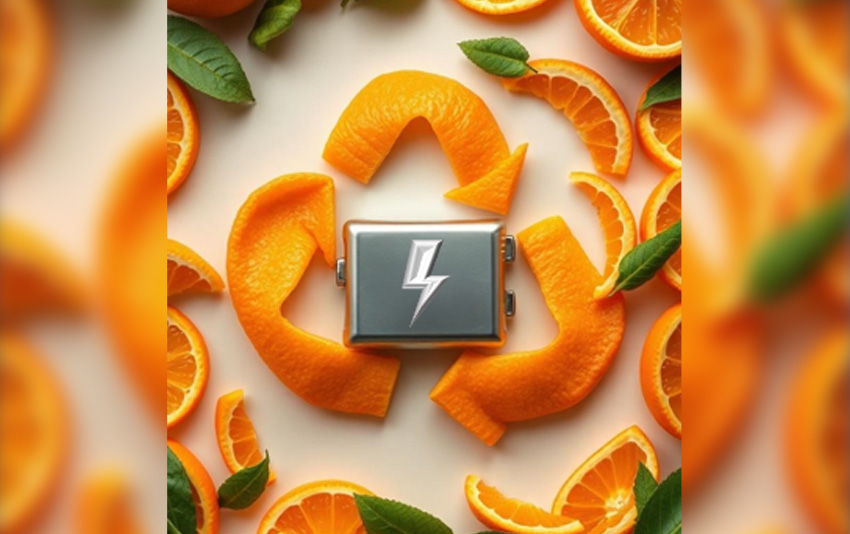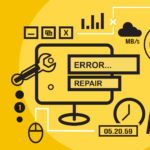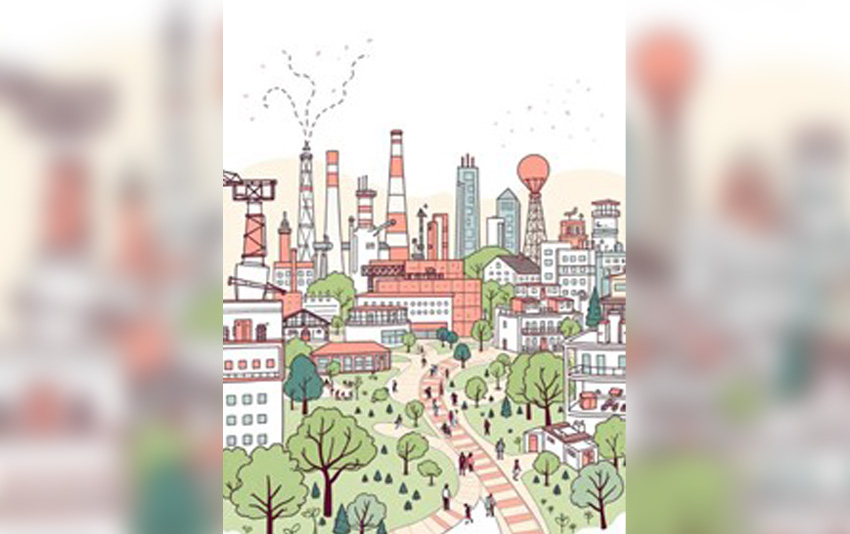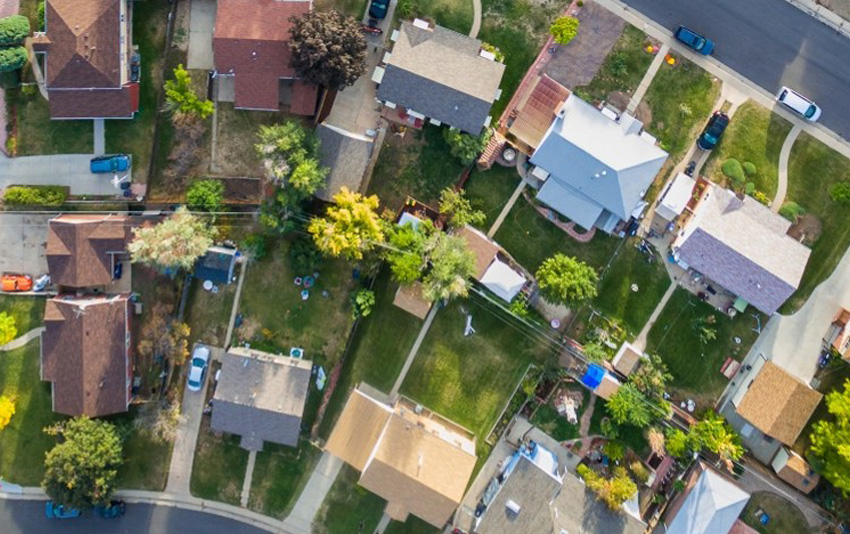Lithium-ion batteries are everywhere powering electric cars, smartphones, laptops, and even renewable energy grids. They are essential to the clean energy transition, storing power from wind and solar and making it available on demand. Yet their very success has created a new problem. What happens when these batteries reach the end of their lives?
Traditional recycling methods, such as burning at high temperatures or using corrosive acids, are expensive, energy-intensive, and environmentally harmful. Without innovation, battery waste could erode the benefits of electrification by releasing toxins and deepening resource shortages. In Puglia, southern Italy, a young startup is tackling the issue in a novel way. AraBat has pioneered a patented green hydrometallurgy process called AraMet that uses orange peels and other agricultural waste to recover critical metals, turning two waste streams into a circular solution.
In a recent interview with Washington CORE, Raffaele Nacchiero, AraBat’s co-founder and CEO, shared his reflections on AraBat’s unlikely beginnings, the obstacles facing the recycling industry, and the promise of agricultural waste as a key to battery circularity.








